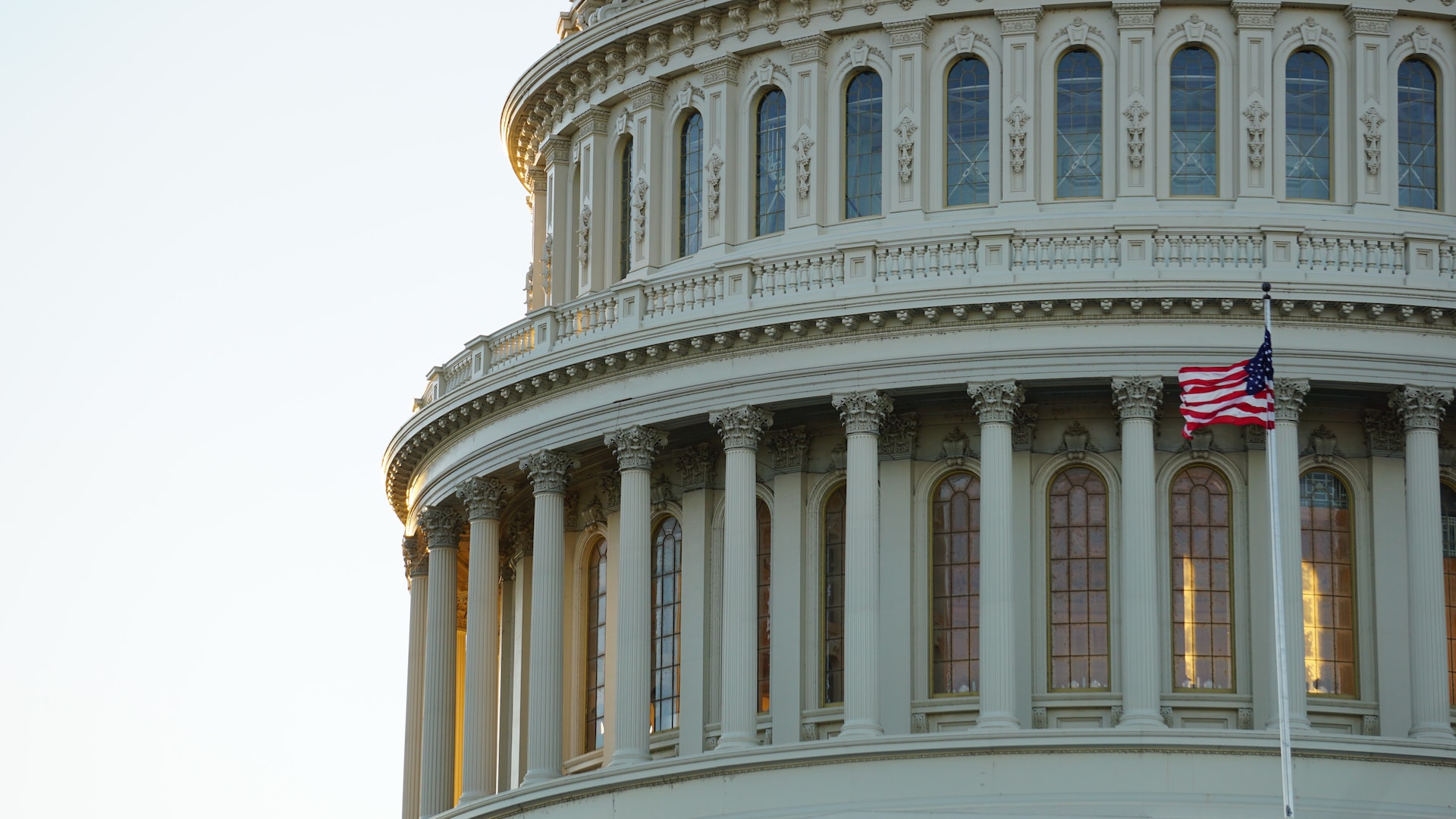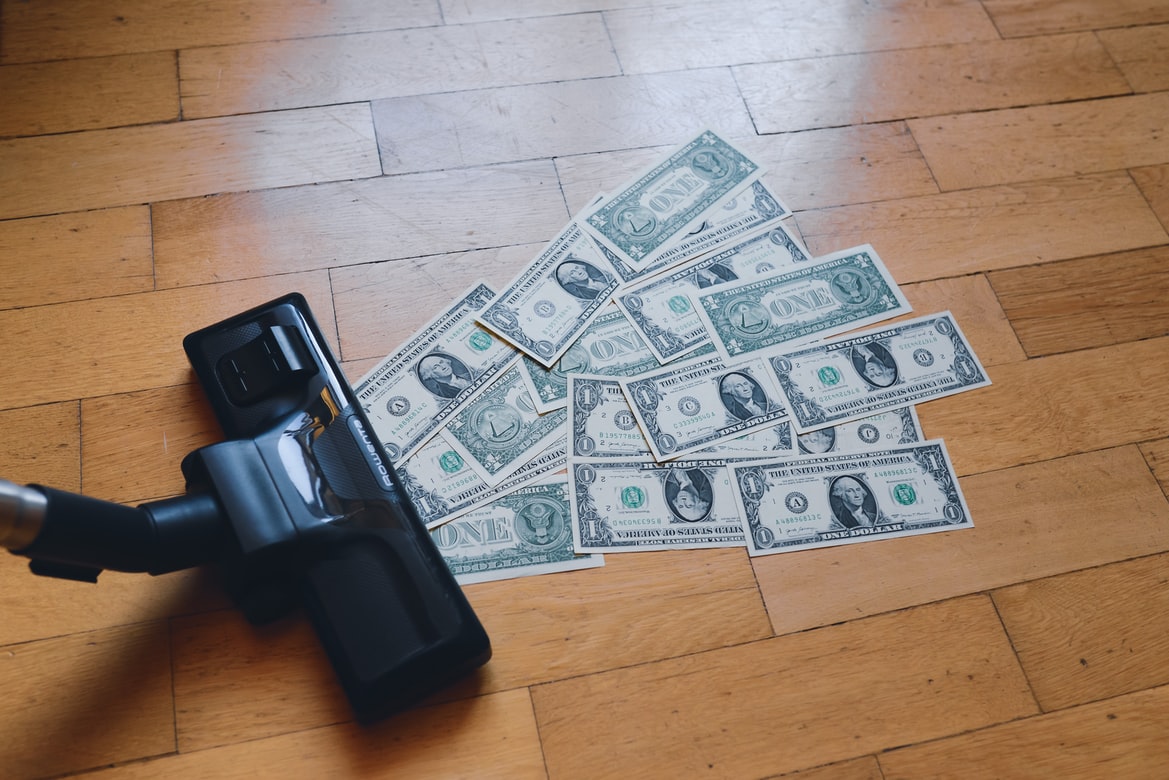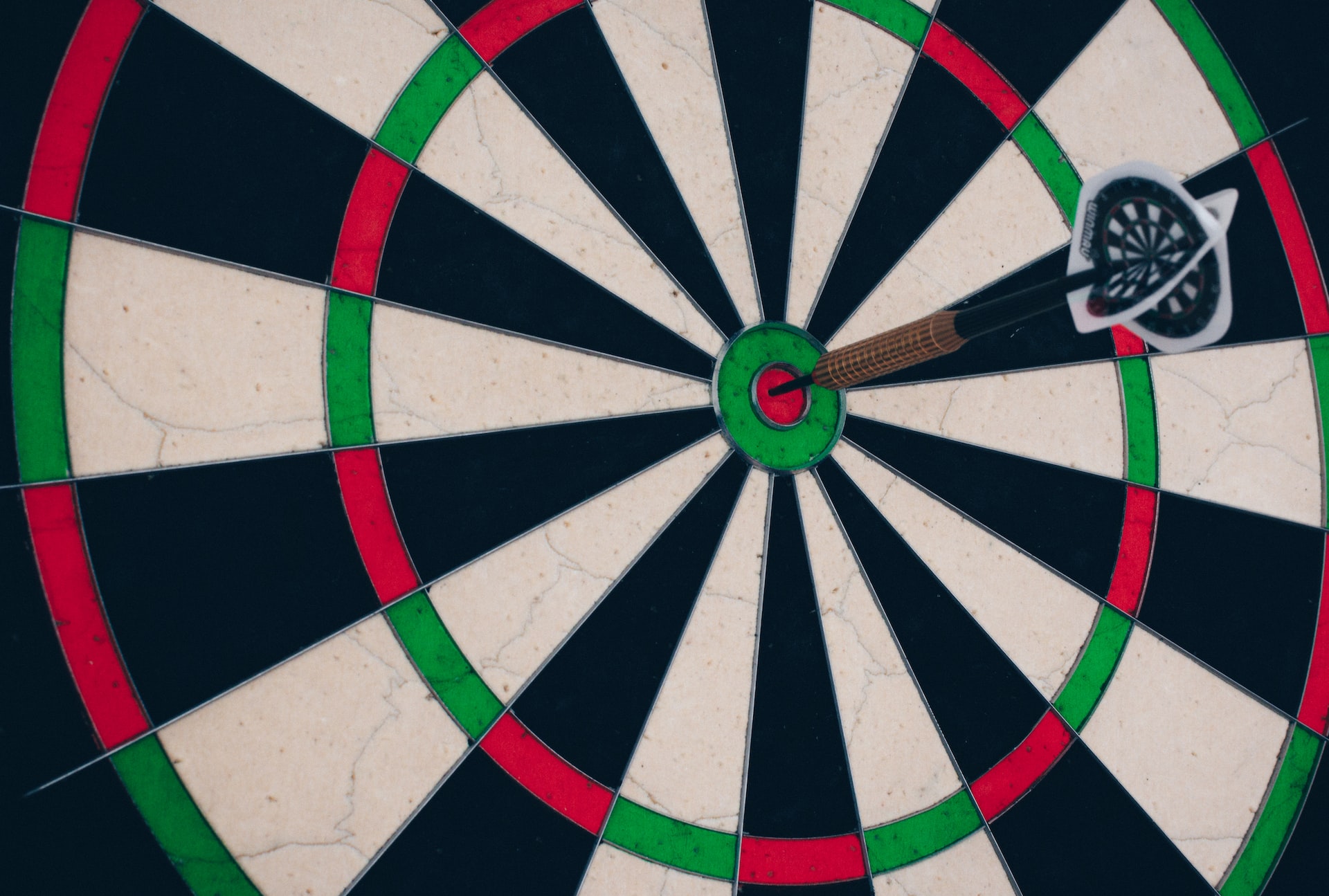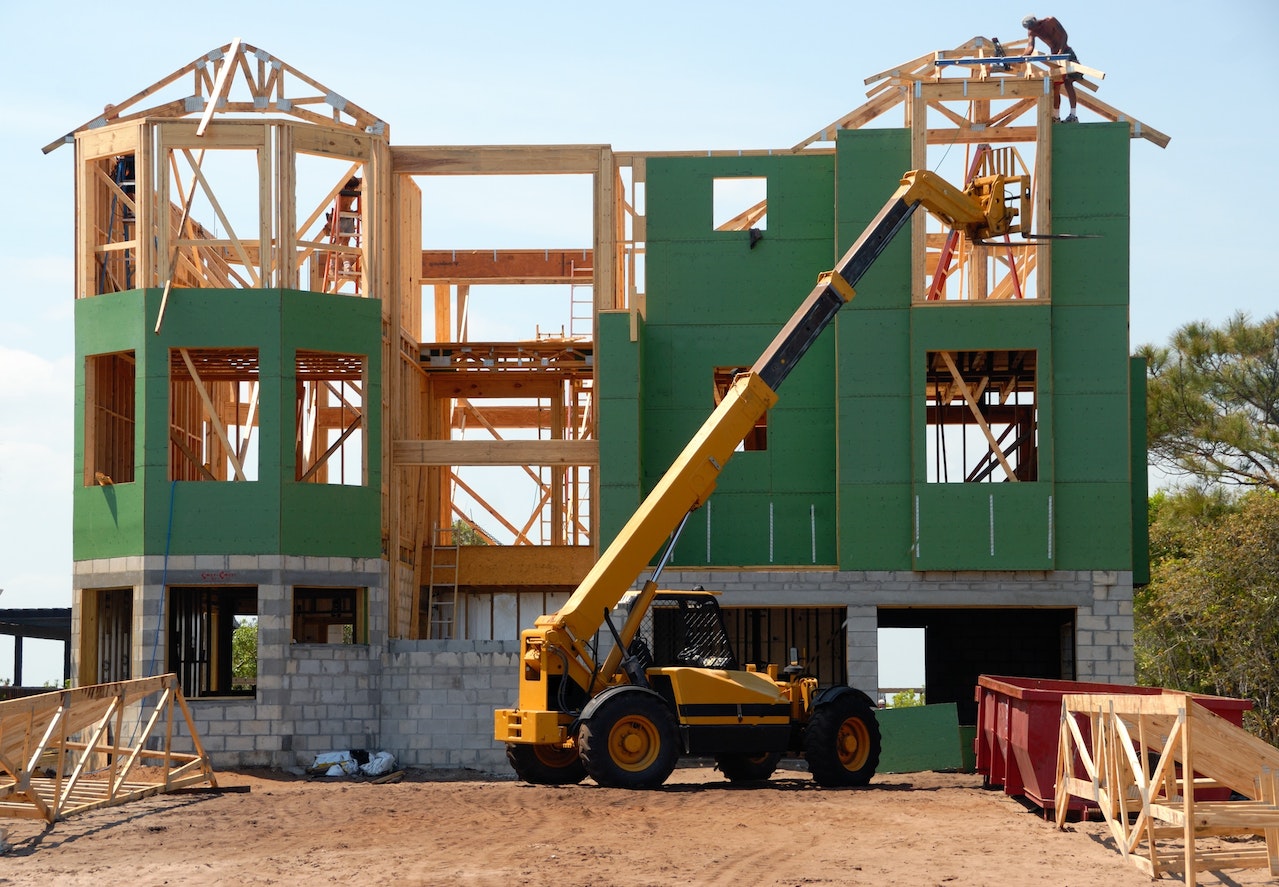
Home sweet (golden) home: A guide to age-friendly renovations
___
Published Date 12/10/2024
You’ve got a cavernous 2-story home with an owners’ suite on the top floor. The thing is, you bought this house in your 40s when your kids were small and gave little thought to older age. Now? It’s time.
According to Consumer Affairs’ David Chandler, PhD., and an AARP survey, while past generations opted to sell, move, or take up residence in a 55+ community, today’s older adults are determined to age in place, despite the fact that their homes are not conducive to the limitations they may face in the future.
“Depending on the level of care you need, aging in place can be an expensive prospect,” says Chandler. “If you just want to make a few modifications around the house, there are low-cost DIY upgrades. High-end aging in place upgrades, however, can be a lot of work and usually require hiring a professional to do the job.”
Making your home accessible for aging in place requires careful planning and various modifications. One essential upgrade is adapting the entryway. Widening doorways for wheelchair access typically costs between $300 and $800 for a front door, though costs can increase significantly if larger structural changes are needed. Creating a step-free entrance might involve installing a small ramp for $500 to $1,000 or lowering and resizing the entrance for around $1,000. More extensive remodeling could run up to $4,000. For ramps, costs range from $400 for pre-made short ramps to $3,000 for custom large ramps connecting your driveway to your home's threshold.
It's important to note that widening doorways can become complicated if structural changes are required. Front and back doors are typically easier and less expensive to modify than interior doorways and hallways, which often contain support beams. Major structural modifications can cost between $20,000 and $40,000, at which point moving to an already-modified home might be more practical.
The bathroom, where most home accidents occur, requires particular attention. A basic walk-in bathtub installation starts around $1,500, while deluxe models with aerotherapy and hydrotherapy jets cost about $5,000. Walk-in showers, which eliminate the need to step over a tub wall and are particularly useful for wheelchair users, typically cost $1,500 to $2,000. A complete bathroom remodel, including lowered sinks and countertops, slip-resistant flooring, and wider doorways, can range from $8,000 to $25,000. When planning bathroom modifications, maintaining adequate space between fixtures (at least three feet) is crucial for safety and mobility.
For multi-story homes, various lift options are available. A basic stairlift can be self-installed for $1,800 to $2,000, while professional installation typically costs around $5,000. Wheelchair lifts, which can be installed inside or outside, generally cost about $5,000. Dumbwaiters and valets, useful for transporting items between floors, range from $2,000 to $4,000. Full-size elevators, though primarily found in larger homes, represent the most expensive single upgrade at up to $15,000.
Several financial assistance options exist for these modifications. While Medicare typically doesn't cover home remodels, it may occasionally pay for prescribed assistive technology devices and will cover an occupational therapist's home evaluation under Part B. Medicaid Home and Community Based Services waivers offer financial aid to qualified individuals in many states, specifically to help avoid nursing home placement. Veterans can access multiple grants through the VA and the Veterans Directed Home and Community Based Services program. Additional assistance may be available through non-Medicaid government programs like the Department of Housing and Urban Development, which offers home improvement loans, and the U.S. Department of Agriculture, which provides grants aimed at helping seniors remain in their homes.
While aging in place modifications require significant investment, they often prove more economical than moving to an assisted living facility. It's worth consulting with health insurance providers about possible coverage, as Medicare or Medicaid might assist with certain upgrades. The key is to carefully evaluate costs and options while discussing plans with family members or caregivers to determine the best approach for maintaining independence and quality of life.
ConsumerAffairs, TBWS
All information furnished has been forwarded to you and is provided by thetbwsgroup only for informational purposes. Forecasting shall be considered as events which may be expected but not guaranteed. Neither the forwarding party and/or company nor thetbwsgroup assume any responsibility to any person who relies on information or forecasting contained in this report and disclaims all liability in respect to decisions or actions, or lack thereof based on any or all of the contents of this report.


Millenium Home Mortgage
Manager
NMLS: 51519
Millenium Home Mortgage LLC
1719 Route 10 East, Suite 206, Parsippany NJ
Company NMLS: 51519
Office: 973-402-9112
Email: connie@mhmlender.com
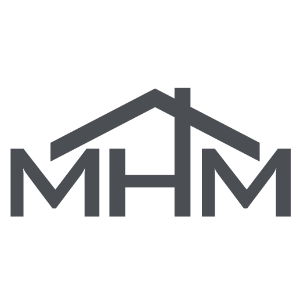
Millenium Home Mortgage
___
Manager
NMLS: 51519
Last articles
___
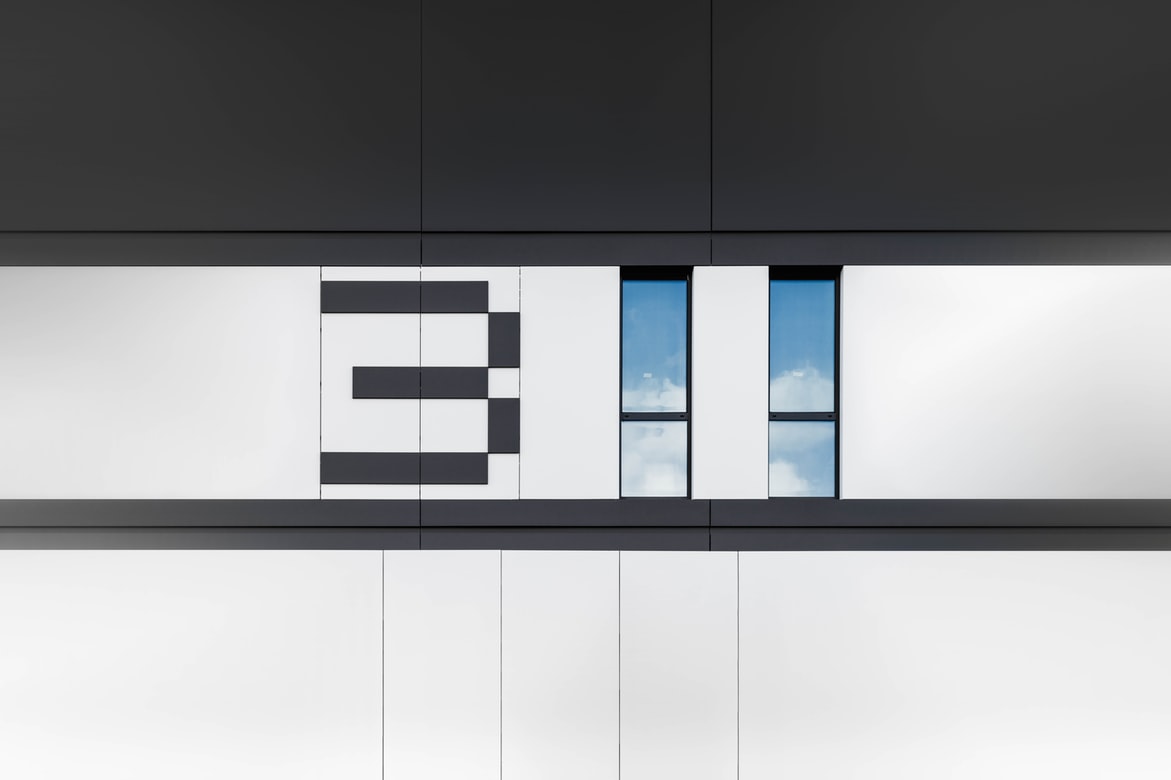
Three things that could impact rates this week
1/21/2025
These are the three areas that have the greatest ability to impact rates this we... view more

Packing for disaster means thinking ahead
1/17/2025
“But by the grace of God….” is a phrase that has no doubt been used by many of u... view more

The December Producer Price Index gives markets mixed signals
1/14/2025
We got a mixed bag with the December Producer Price Index (PPI) as the MOM readi... view more

Housing Demand Faces Historic Slowdown Due to Aging America
1/13/2025
Home prices never seem to do anything but go up...... view more
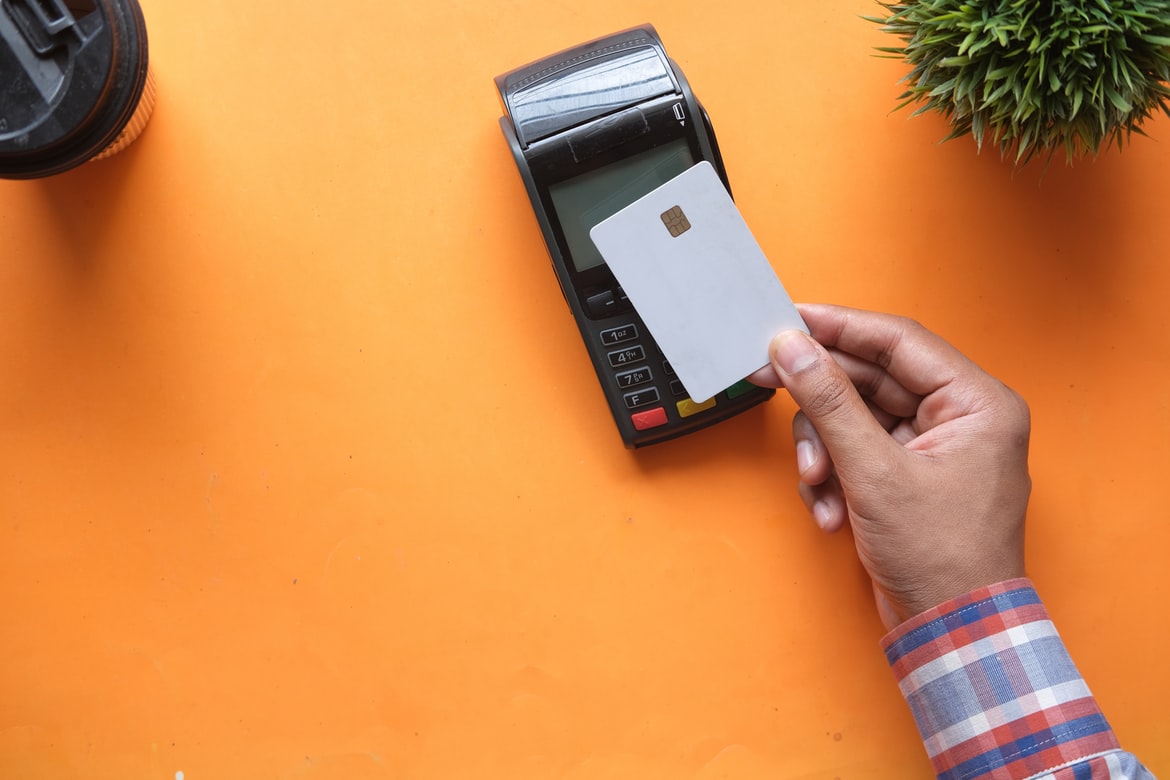
Markets will be focused on Consumer and Producer prices this week
1/13/2025
Last Friday’s December employment release rocked the markets with the strong inc... view more

The hidden maze behind home insurance claims
1/10/2025
In light of the devastating fires happening in the Los Angeles area, this might ... view more

How a Japanese firm is transforming U.S. homebuilding
1/7/2025
There is a famous proverb that perfectly characterizes Japanese determination...... view more

Market volatility increases on high Job Openings and Turnover survey
1/7/2025
The November Job Openings and Labor Turnover Survey (JOLTS) showed 8.098M unfill... view more

The housing market's ‘Godfather’ moment
1/6/2025
Sometimes it’s the little things when all is said and done...... view more
Load more
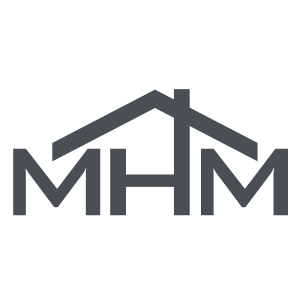 Millenium Home Mortgage LLC
Millenium Home Mortgage LLC











